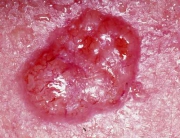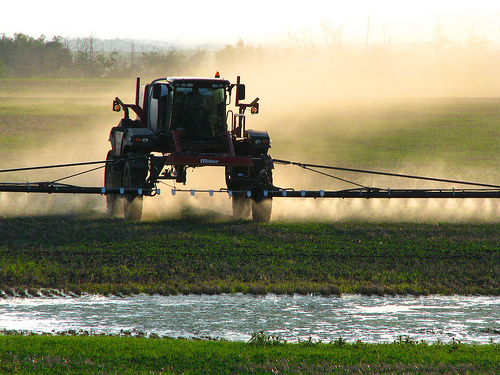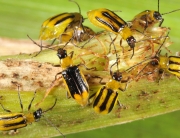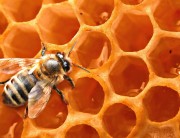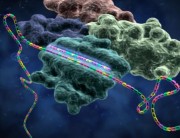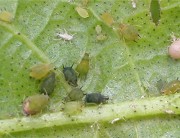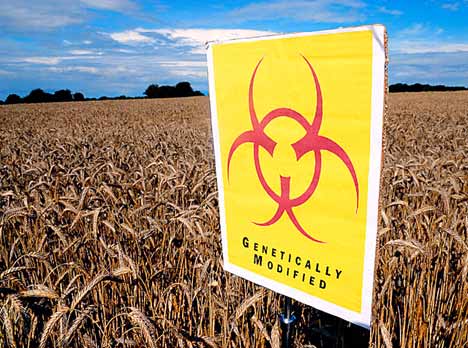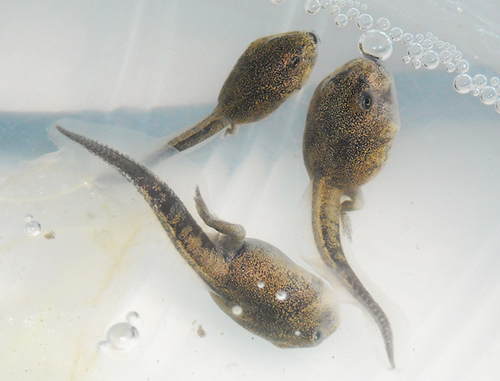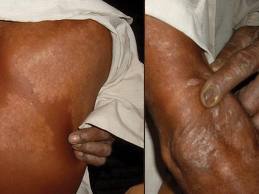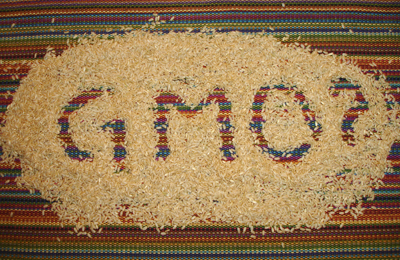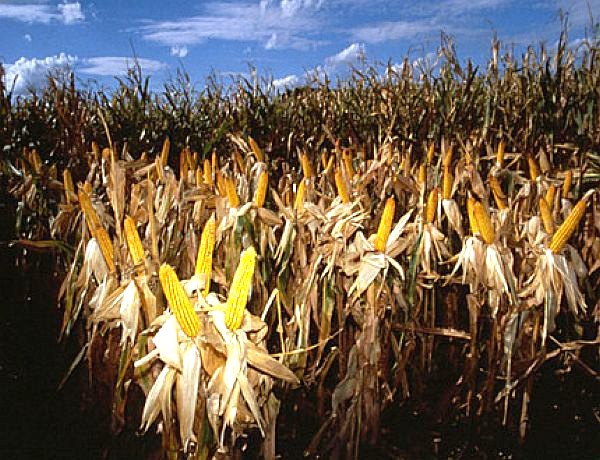In this Nebraska University study subjects who were allergic to Brazil nuts had allergic reactions to soya beans modified with a Brazil nut gene.
Source: www.nejm.org
Abstract
BACKGROUND
The nutritional quality of soybeans (Glycine max) is compromised by a relative deficiency of methionine in the protein fraction of the seeds. To improve the nutritional quality, methionine-rich 2S albumin from the Brazil nut (Bertholletia excelsa) has been introduced into transgenic soybeans. Since the Brazil nut is a known allergenic food, we assessed the allergenicity of the 2S albumin.
The ability of proteins in transgenic and nontransgenic soybeans, Brazil nuts, and purified 2S albumin to bind to IgE in serum from subjects allergic to Brazil nuts was determined by radioallergosorbent tests (four subjects) and sodium dodecyl sulfate–polyacrylamide-gel electrophoresis (nine subjects) with immunoblotting and autoradiography. Three subjects also underwent skin-prick testing with extracts of soybean, transgenic soybean, and Brazil nut.
On radioallergosorbent testing of pooled serum from four subjects allergic to Brazil nuts, protein extracts of transgenic soybean inhibited binding of IgE to Brazil-nut proteins. On immunoblotting, serum IgE from eight of nine subjects bound to purified 2S albumin from the Brazil nut and to proteins of similar molecular weight in the Brazil nut and the transgenic soybean. On skin-prick testing, three subjects had positive reactions to extracts of Brazil nut and transgenic soybean and negative reactions to soybean extract.
The 2S albumin is probably a major Brazil-nut allergen, and the transgenic soybeans analyzed in this study contain this protein. Our study shows that an allergen from a food known to be allergenic can be transferred into another food by genetic engineering.
Authors
Julie A. Nordlee, M.S., Steve L. Taylor, Ph.D., Jeffrey A. Townsend, B.S., Laurie A. Thomas, B.S., and Robert K. Bush
















